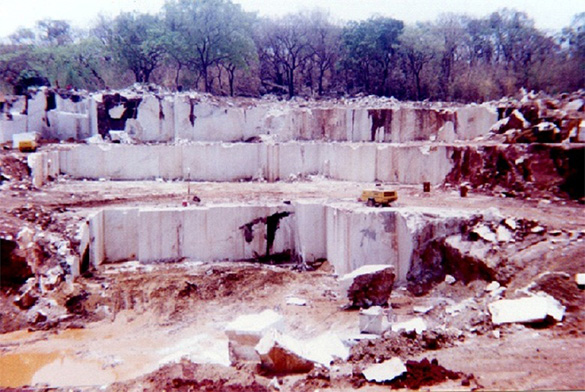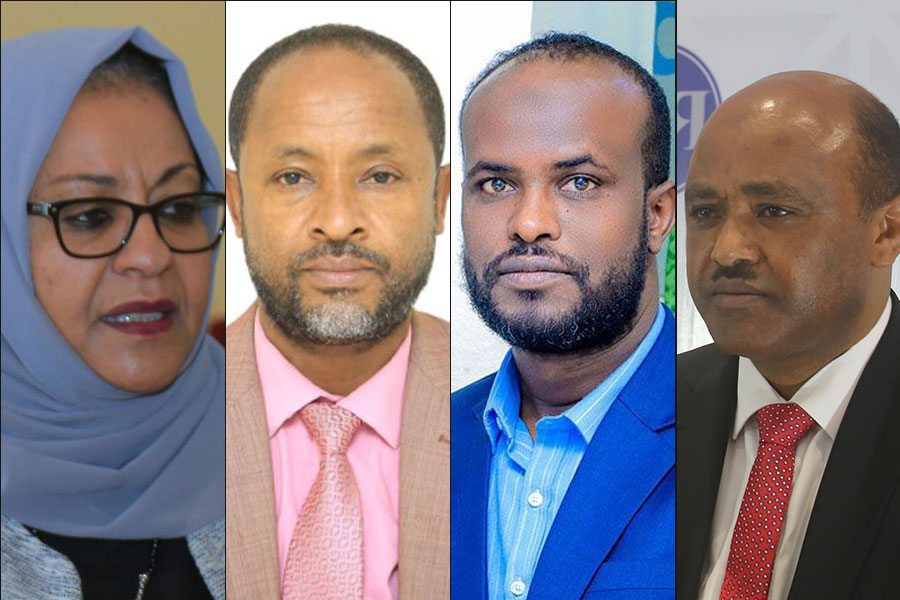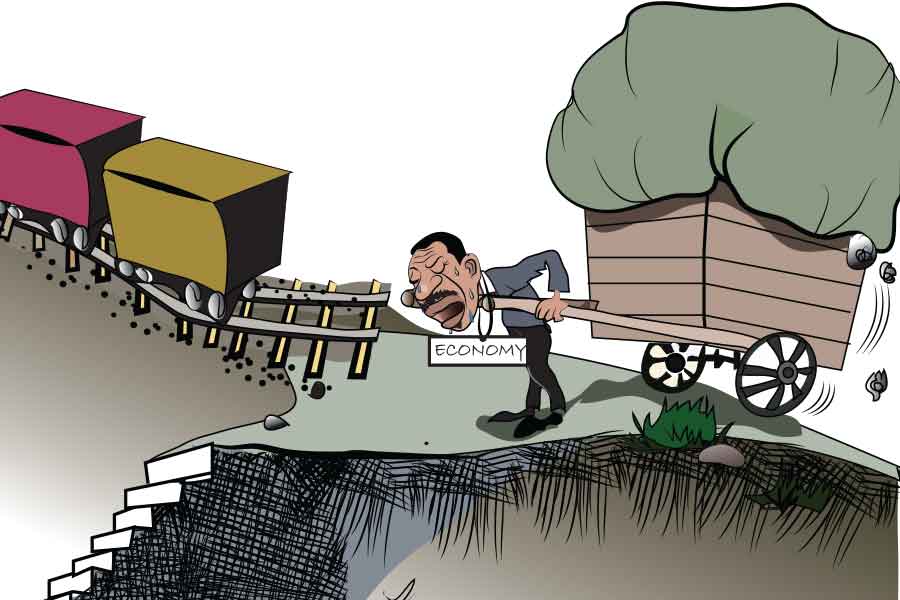
Jan 11 , 2020
Knowledge-sharing methods of the past were poor and inadequate. But to create the thriving ecosystem upon which any competitive economy can survive would require Ethiopians to upgrade their skills in the dissemination and sharing of knowledge, writesHANNA HAILE(hannahaile212@gmail.com).
I was sitting in a room for a discussion that was held as one of the representatives for the contemporary movements in performance arts in Ethiopia. As we shared stories of frustration, a knowing smile was seen on the faces of the older folks around the table.
"It was the same in our time," one of them finally burst out.
The same statements are true of most professions. The challenges of yesteryear continue to be the obstacles of today.
Progress is an individual journey as much as it is a national one. The educated among our nation continue to find that what this country has to offer is not enough to meet their aspirations. As a result, they choose to leave this country at the first chance they get. This brain drain is one of the major reasons why countries like Ethiopia lag behind on the global stage.
Looking behind at my formative years, one of the problems is a phenomenon that I like to call "knowledge greed". Those who have had the opportunity to learn and get an education that most have not had to hold their knowledge hostage, unwilling to share it with others.
Our success comes from uplifting one another. Success is found in mentorship, in guidance and leaving behind a legacy that can outlive all of us. In many fields, there are people who share the view that there are few-to-none in senior positions that are willing to share their expertise.
Nations like Ethiopia are in danger of losing more than what can be measured when knowledge is not transferred. Our educational system is simply not adequate to provide the type of quality education that is necessary to build a highly-skilled labour force. The nation relies on its people to continue that education.
In today’s world, everything comes off as a competition. Some are in constant fear that they will simply become replaceable, making them hesitant to share information that brings their demise closer.
In my time as a student at Addis Abeba University, we often had instructors that were so busy devising torturous assignments, sometimes it seemed like they forgot they were there to impart knowledge in us. Frustrated, a student committee approached the teachers and informed them of the error of their ways.
The instructors, huffing and puffing, exclaimed that they did not believe we were qualified for higher education unless we took on these types of burdens. They made sure we had enough work to barely succeed, because that was the way they also had been taught.
Many choose to uphold cycles of suffering instead of breaking it. Some even come off as vindictive in their search to make these processes as painful as possible for each and every individual that passes through their classrooms. These are rituals worth breaking for a future that will be worth investing in. When we can learn to add to one another’s knowledge, the growth that can be experienced is unimaginable.
We are a nation that thrives on the individual even though our culture preaches communality. The belief that there is nothing to learn from the past and that we must simply move forward is also another unrealistic flipside of the knowledge coin.
Experience is a much faster teacher than textbook theories. When someone can sit beside us and share all the unsuccessful life paths with us, we can find the right track much faster. If we are clouded with a mistaken veil of knowledge, we will only fail.
We would be fools to think that we can figure any path out on our own. While success can be different to different people, the underlying factor is that without a thriving ecosystem, there will never be success. And this ecosystem can only be built by individuals who believe in passing knowledge and equity down.
The opportunities for this are always presenting themselves, if only we are willing to look for them. Last week, a drove of diaspora from mostly the United States came back to Ethiopia. For many of them, this was the first trip since they were teenagers.
They are in desperate need to connect, work and create their own relationships. The potential of all those who are thinking of staying in Ethiopia should be presented with opportunities. While what is presented should not add to the many privileges these types of visitors often walk draped in, there should be certain arrangements to ease them into the system. The consequence of this could be skills transfer to an unprecedented stage.
The experts living under our noses in Addis Abeba alone should persuade us of the river of untapped energy there is. Sharing knowledge though is not something that can be forced. It is only possible when the person allows it to be. We must consider the sharing of knowledge as an integral part of our work in our respective fields. This is the only way toward the light at the
PUBLISHED ON
Jan 11,2020 [ VOL
20 , NO
1028]


Commentaries | Sep 30,2023

Viewpoints | May 01,2020

Editorial | Jul 10,2021

News Analysis | Jul 03,2021

Fortune News | Mar 14,2020

Fortune News | Jan 11,2020

Fortune News | Mar 30,2024


Fortune News | Apr 06,2019

Commentaries | May 20,2023

Dec 22 , 2024 . By TIZITA SHEWAFERAW
Charged with transforming colossal state-owned enterprises into modern and competitiv...

Aug 18 , 2024 . By AKSAH ITALO
Although predictable Yonas Zerihun's job in the ride-hailing service is not immune to...

Jul 28 , 2024 . By TIZITA SHEWAFERAW
Unhabitual, perhaps too many, Samuel Gebreyohannes, 38, used to occasionally enjoy a couple of beers at breakfast. However, he recently swit...

Jul 13 , 2024 . By AKSAH ITALO
Investors who rely on tractors, trucks, and field vehicles for commuting, transporting commodities, and f...

Jun 28 , 2025
Meseret Damtie, the assertive auditor general, has never been shy about naming names...

Jun 21 , 2025
A well-worn adage says, “Budget is not destiny, but it is direction.” Examining t...

Jun 14 , 2025
Yet again, the Horn of Africa is bracing for trouble. A region already frayed by wars...

Jun 7 , 2025
Few promises shine brighter in Addis Abeba than the pledge of a roof for every family...